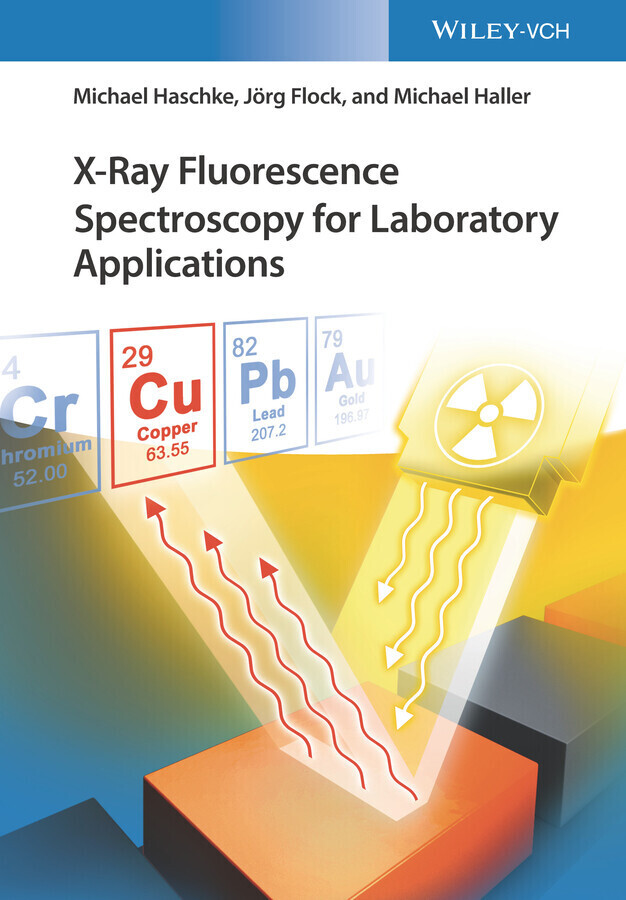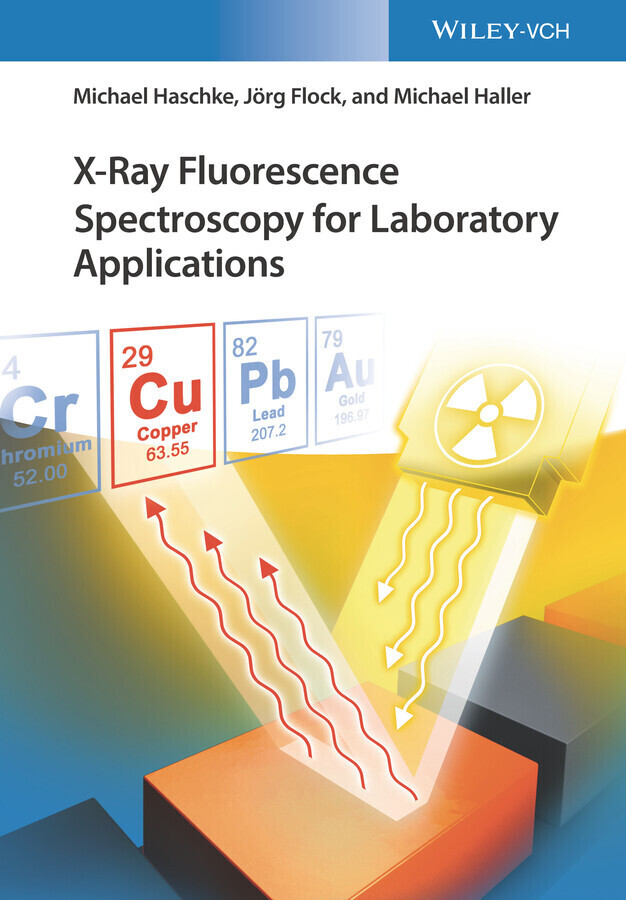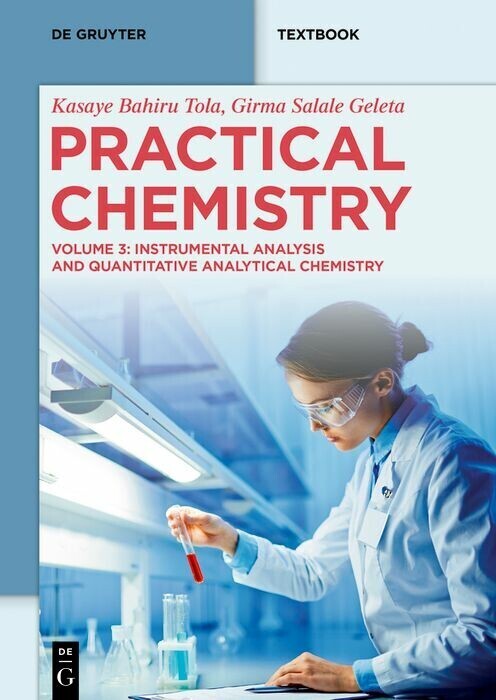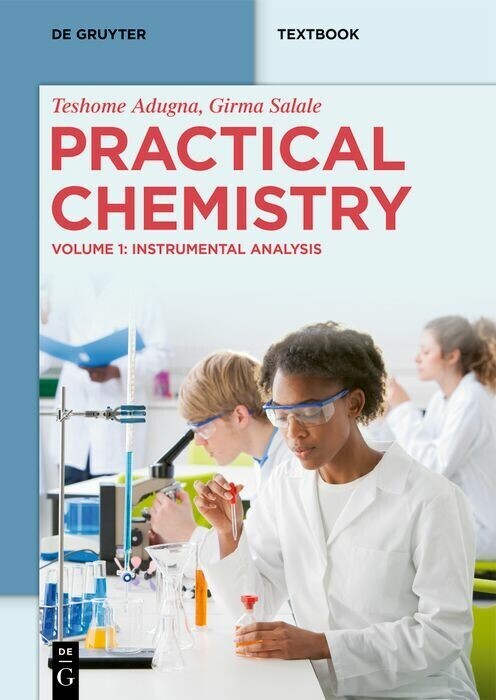X-Ray Fluorescence Spectroscopy for Laboratory Applications
X-Ray Fluorescence Spectroscopy for Laboratory Applications
Provides comprehensive coverage on using X-ray fluorescence for laboratory applications
This book focuses on the practical aspects of X-ray fluorescence (XRF) spectroscopy and discusses the requirements for a successful sample analysis, such as sample preparation, measurement techniques and calibration, as well as the quality of the analysis results.
X-Ray Fluorescence Spectroscopy for Laboratory Applications begins with a short overview of the physical fundamentals of the generation of X-rays and their interaction with the sample material, followed by a presentation of the different methods of sample preparation in dependence on the quality of the source material and the objective of the measurement. After a short description of the different available equipment types and their respective performance, the book provides in-depth information on the choice of the optimal measurement conditions and the processing of the measurement results. It covers instrument types for XRF; acquisition and evaluation of X-Ray spectra; analytical errors; analysis of homogeneous materials, powders, and liquids; special applications of XRF; process control and automation.
- An important resource for the analytical chemist, providing concrete guidelines and support for everyday analyses
- Focuses on daily laboratory work with commercially available devices
- Offers a unique compilation of knowledge and best practices from equipment manufacturers and users
- Covers the entire work process: sample preparation, the actual measurement, data processing, assessment of uncertainty, and accuracy of the obtained results
X-Ray Fluorescence Spectroscopy for Laboratory Applications appeals to analytical chemists, analytical laboratories, materials scientists, environmental chemists, chemical engineers, biotechnologists, and pharma engineers.
Michael Haschke, PhD, has been working in the product management of various companies for more than 35 years where he was responsible for the development and introduction to market of new x-ray fluorescence techniques, mainly in the field of energy-dissipative spectroscopy.
Jörg Flock, PhD, is Head of the Central Laboratory of ThyssenKrupp Stahl AG and well-versed with different analytical techniques, in particular with x-ray fluorescence spectroscopy. He has extensive practical experience in using this technique for the analysis of samples with different qualities and the interpretation of the acquired results.
Michael Haller has been using X-rays as an analytical tool for over thirty years, first in X-ray crystallography, then later in the development and application of polycapillary X-ray optics. Further he has developed new applications for coating thickness instruments. In 2018 he became co-owner of CrossRoads Scientific, a company specializing in the development of analytical X-ray software.
Haschke, Michael
Flock, Jörg
Haller, Michael
| ISBN | 9783527816620 |
|---|---|
| Artikelnummer | 9783527816620 |
| Medientyp | E-Book - ePUB |
| Copyrightjahr | 2021 |
| Verlag | Wiley-VCH |
| Umfang | 496 Seiten |
| Sprache | Englisch |
| Kopierschutz | Adobe DRM |





